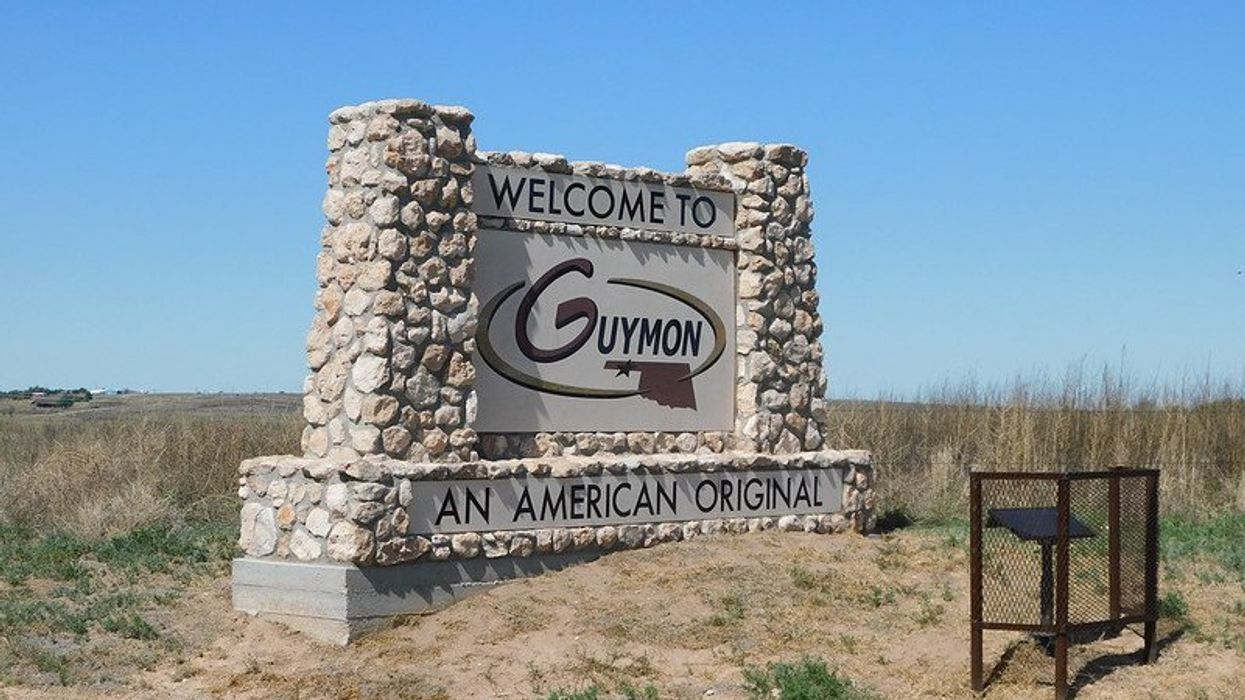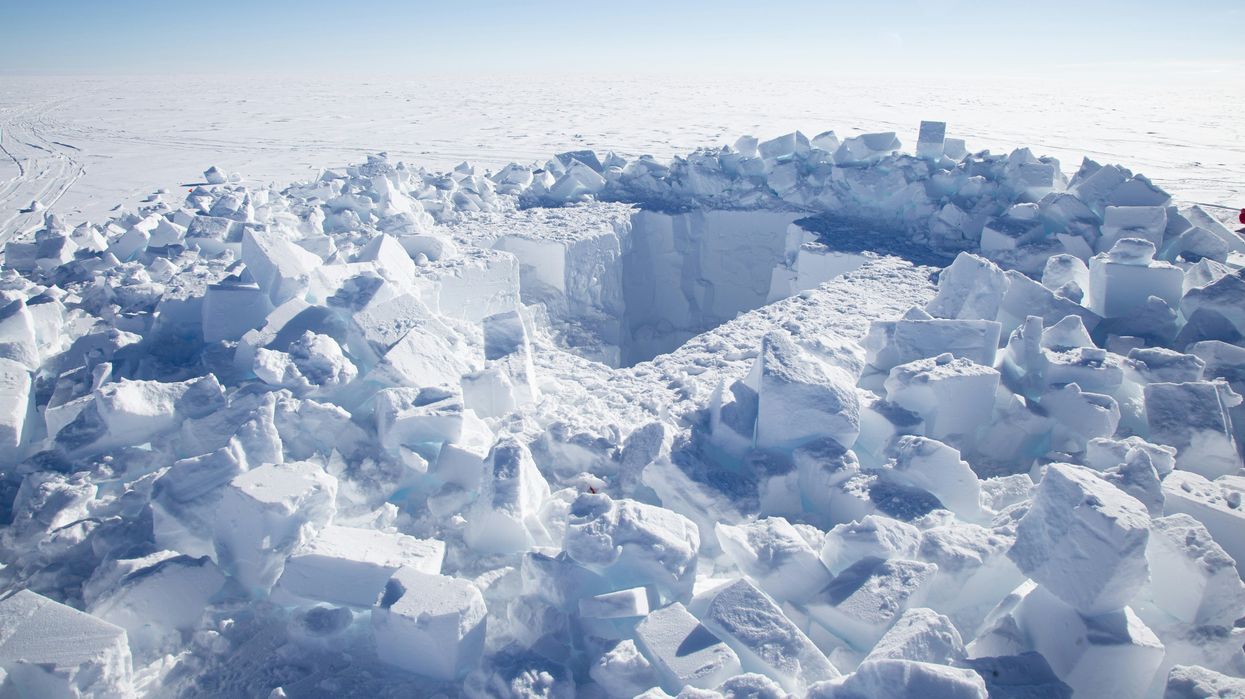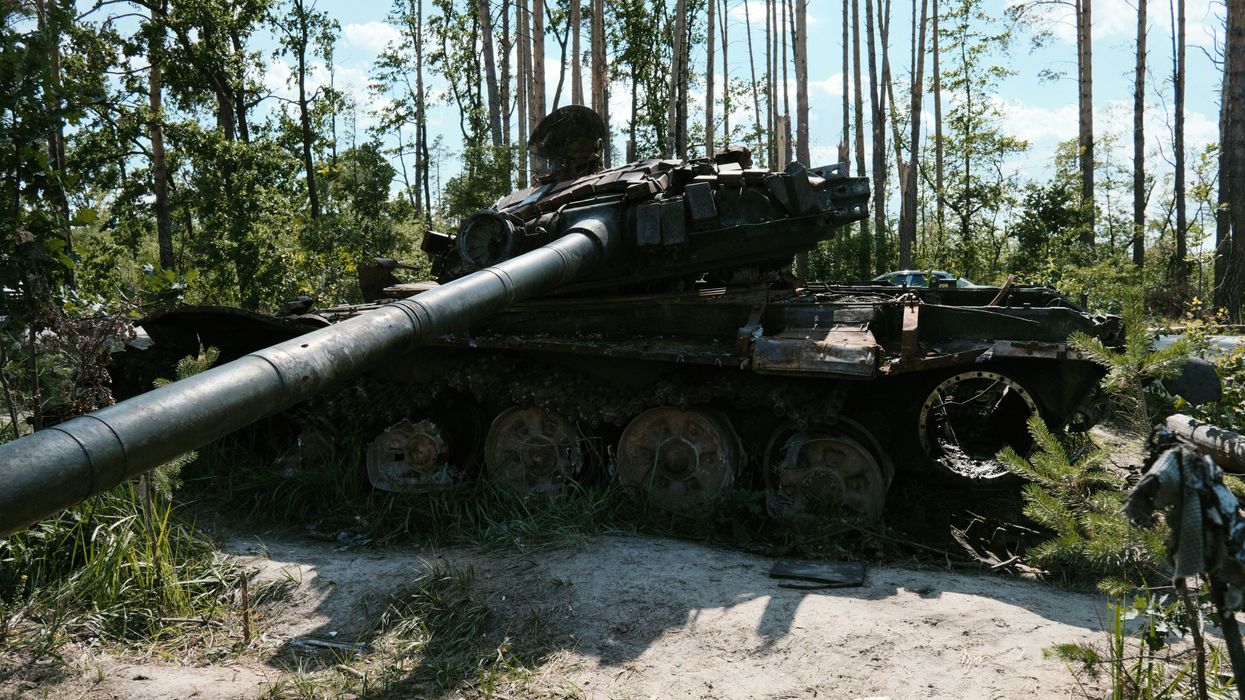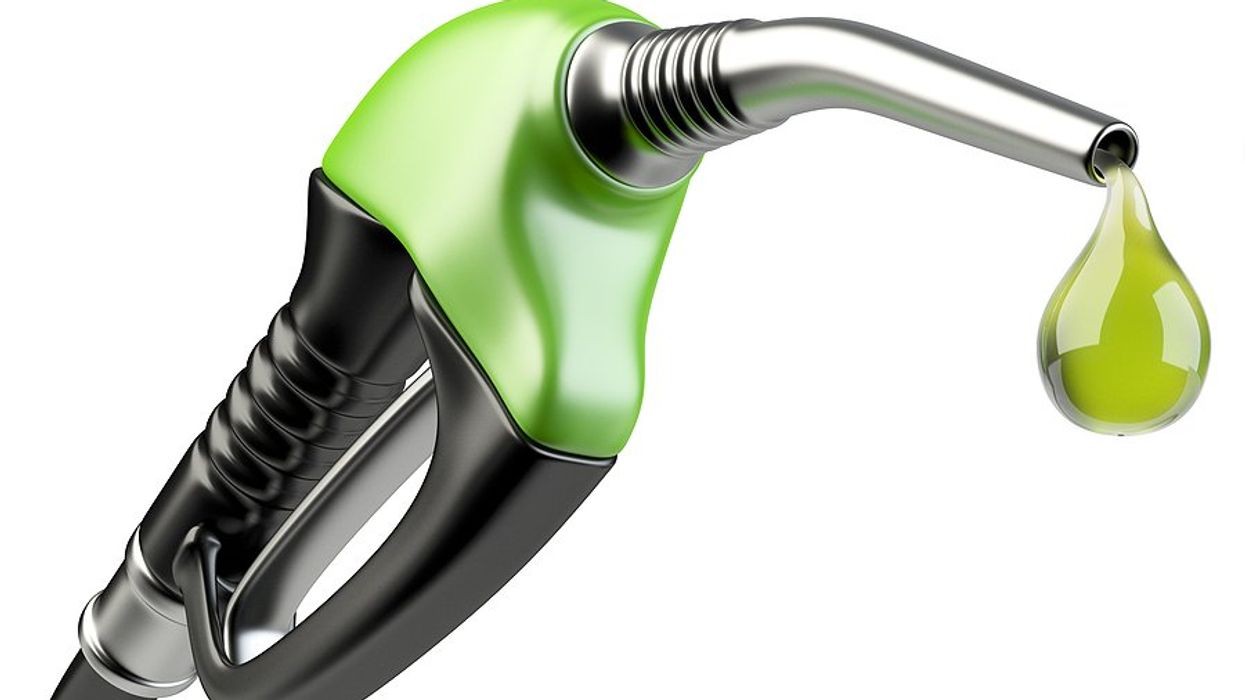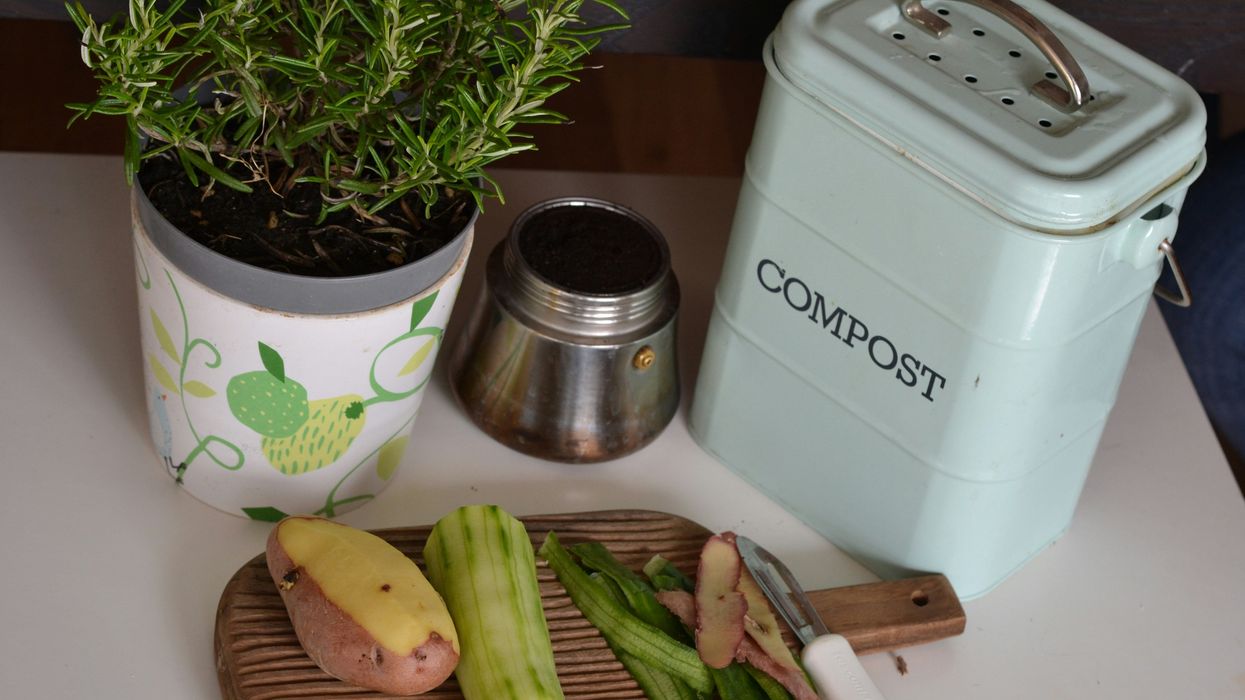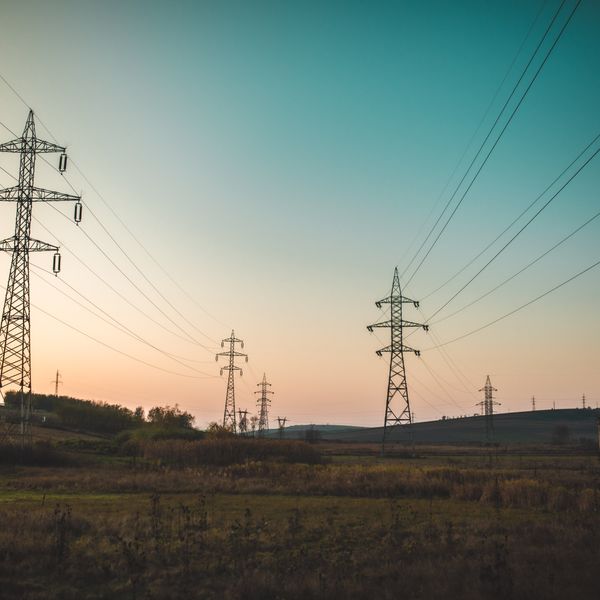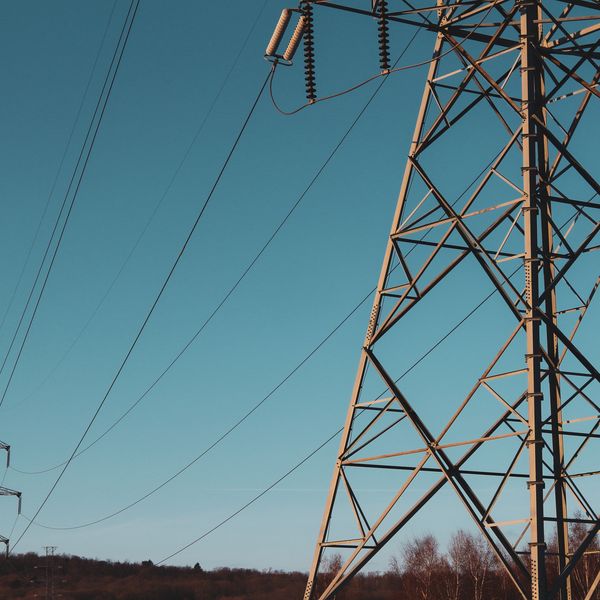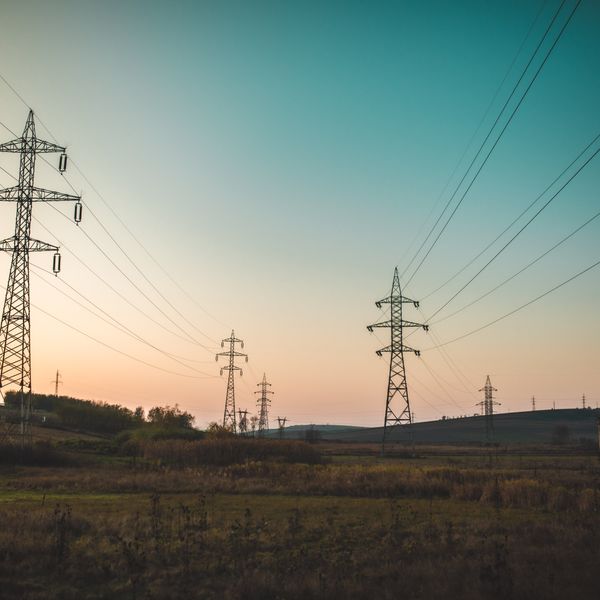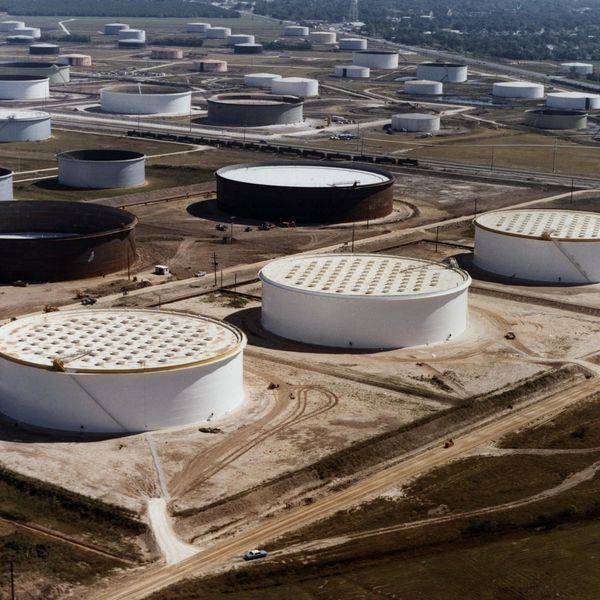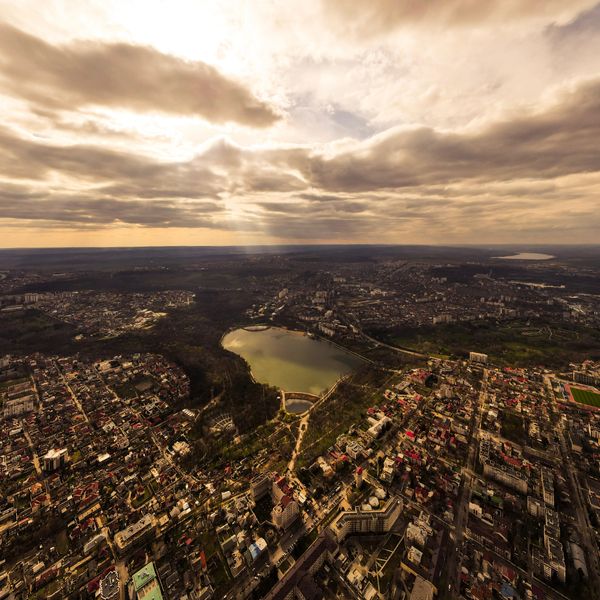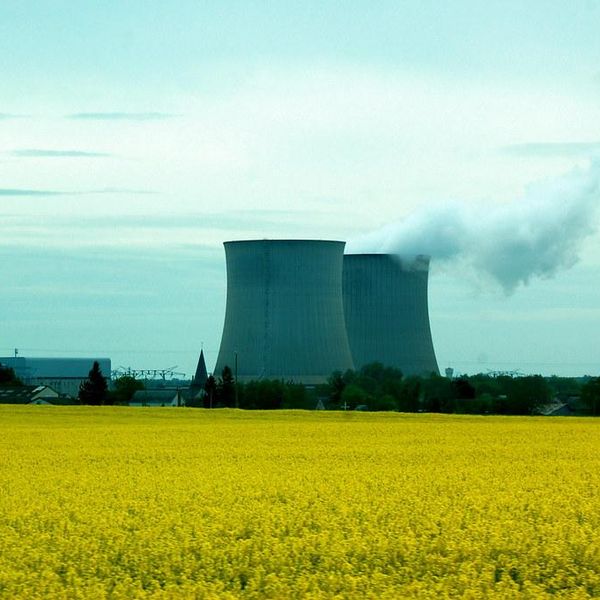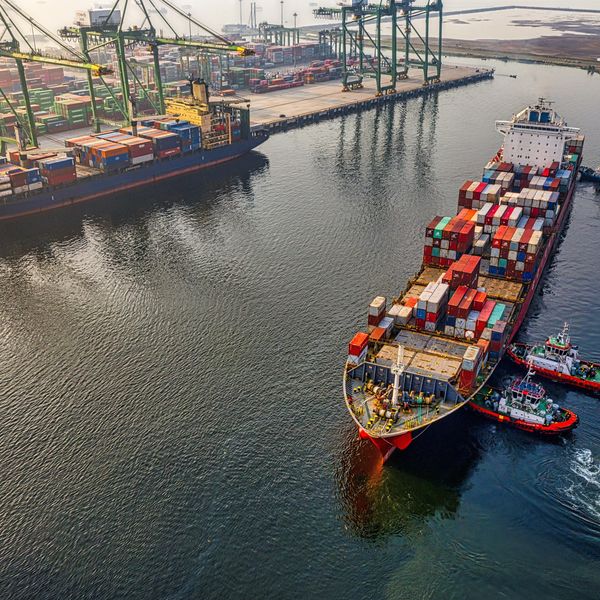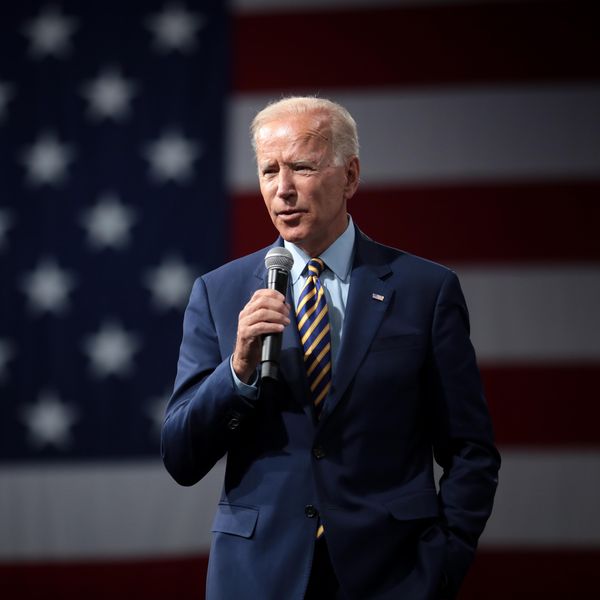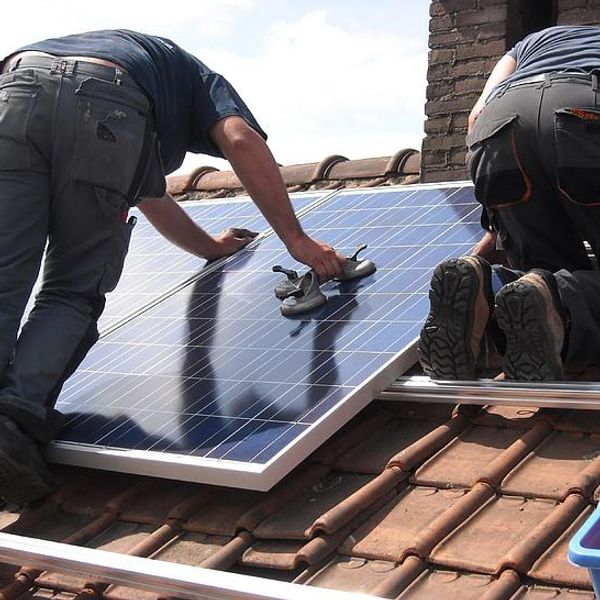It is hard to think about the environment when lives are being torn asunder by war.
I woke up this morning yearning for peace, mourning loss, and hoping for better collective wisdom to guide us through this insanity.
At the top of my inbox this morning was a note from Katelyn Jetelina, a University of Texas epidemiologist who publishes the newsletter "Your Local Epidemiologist."
She noted that posting on a global pandemic feels "insensitive without addressing a different kind of pain and suffering and tragedy that millions will soon face." I concur. Her wisdom is worth sharing:
"Just like the pandemic, many will also fall victim to mis and disinformation—a new tool that enemies have found to work swimmingly well in a time of anxiety and confusion. Please be sure to find (and share) only solid sources; preferably ones with a reporter on the ground in Ukraine. There are such things as disaster epidemiologists, so I hope they come to the forefront, too, ... to share the public health perspective of war or, more accurately, the devastating interaction between war and pandemic."
Ukraine war: Big picture
Our research team will be tracing the ecologic and public health toll of Russia's war in Ukraine. To zoom out, this tweet thread from National Public Radio puts the conflict in a larger perspective.
War and energy
With Russia serving as Europe's largest energy producer, early reporting has focused on how the global response is hindered by the EU's need for Russian natural gas. But Russia is also a major provider of nickel, copper, cobalt—all necessary materials for alternative energy sources needed to transition from fossil fuels.
Two stories of note:
Could Russian sanctions hobble U.S. clean energy push?

The plant of Norilsk Nickel in Nikel, Murmansk Oblast, Russia
Hans Olav Lien/Wikimedia Commons
Politico's Jael Holzman explores the crucial metals market—and how reliant clean energy technologies are on exports from autocratic countries like Russia and China.
Key quote, from Abigail Wulf of the resource security nonprofit Securing America’s Future Energy:
“Our concern is that our energy markets are so tied up with nations that do not share our values.”
The Coming Energy Shock

Cars lining up for gasoline in Lake Brandon, Fla., 2021
An insightful Atlantic article diving into global energy markets, Russia's immunity to foreign sanctions, and the havoc Russia can inflict.
"Any Russian retreat from world oil markets will jolt prices in ways that will be felt at gas pumps around the world."
Some good news
In dark times I often turn back to Gary Snyder's short poem, "For the Children."
I need this today, and his advice at the end is worth carrying forward:
stay together
learn the flowers
go light
I'm grateful to our researcher, Autumn Spanne, who found this morsel of good news on the website Reasons to be Cheerful:
More women than ever are contributing to the next IPCC climate report

March for Science in San Francisco, California, on April 22, 2017.
“Things are changing,” Miriam Gay-Antaki, an assistant professor of geography & environmental studies at the University of New Mexico told reporter Jessica Kutz.
“People are realizing that attending to gender is not a nuisance but something that a lot of people actually want.”









